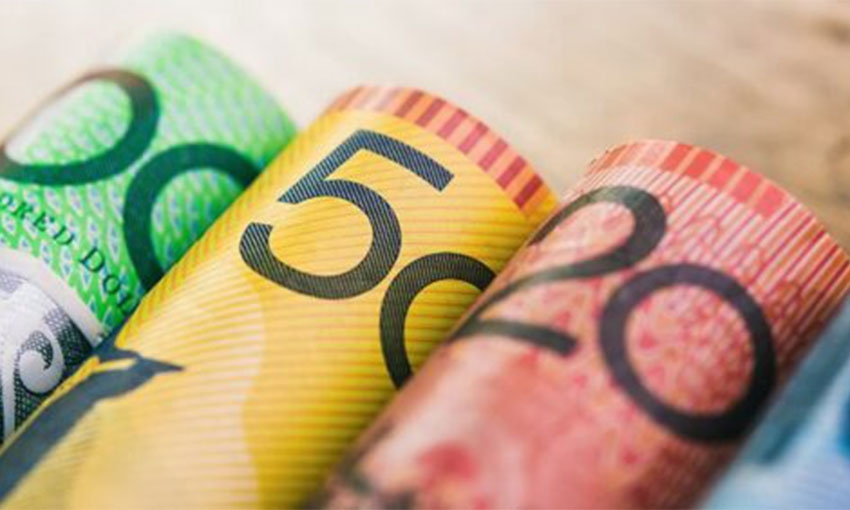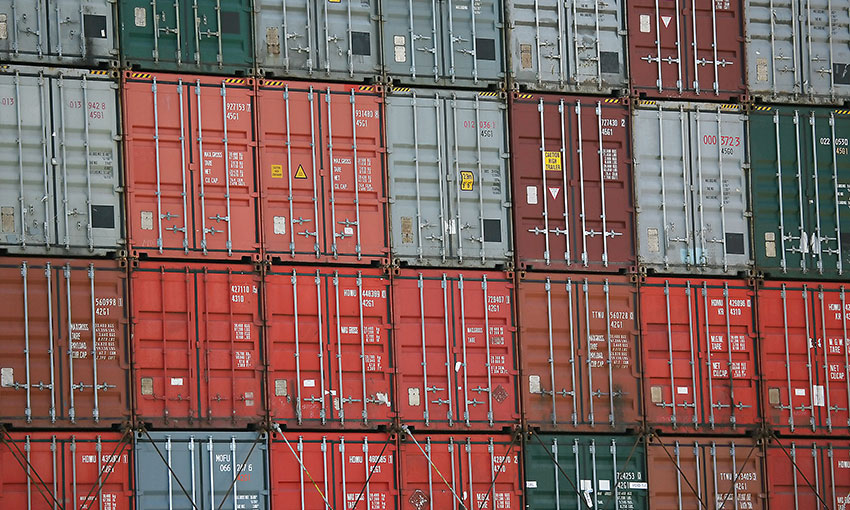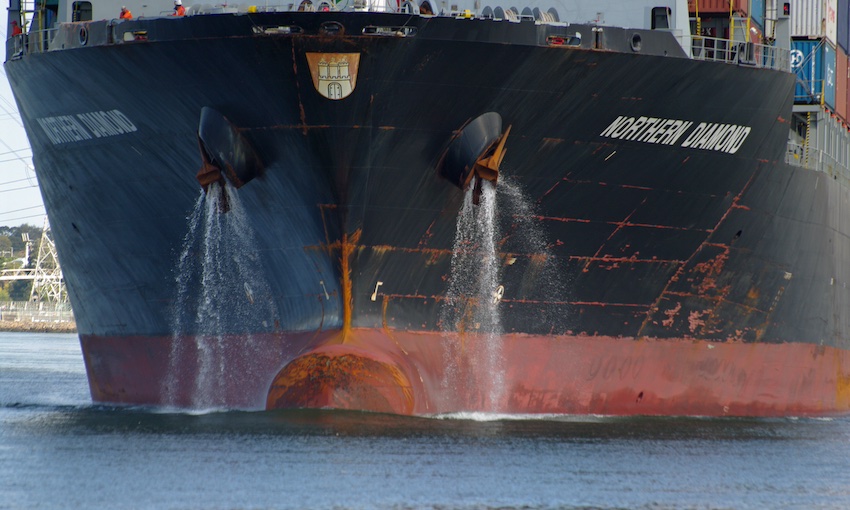THE INTERNATIONAL Forwarders and Customs Brokers Association of Australia (IFCBAA) plans to be “vocal” in its position on the new Sustainable Biosecurity Funding Advisory Panel.
The gathering of the panel will aim to boost transparency for farmers and importers by giving them a say on biosecurity priorities and it will also outline how the $1 billion in funding will be spent.
Minister for agriculture, fisheries and forestry Murray Watt said the advisory panel would meet three times a year to provide transparency of biosecurity spending and give farmers and importers a voice.
“Given they have so much at stake, I want industry to contribute to our biosecurity priorities more directly,” minister Watt said.
“We will be clear about what revenue is being raised from producers and importers, along with other components of the Sustainable Biosecurity Funding model, and how that money is being invested.”
IFCBAA CEO Scott Carson told DCN his organisation was happy to be invited on to the panel.
“We’ve got a big part to play and we’ll be vocal,” Mr Carson said.
“Our strategy with dealing with regulatory bodies is to come to the table with what we think is the best solution.
“It’s a difficult challenge, looking after biosecurity issues.”
Mr Carson said it was good to be on the panel and was particularly interested in how the funding would be directed.
“We’d like to see some investments in systems and maybe some deeper ability to assess what’s happening in terms of holdups or delays that might happen in the biosecurity area,” Mr Carson said.
“Biosecurity is very important because Australia is a big island and we need to protect our shores from any threats, but we also need to stand up for our members and make sure components of that funding are directed for the benefit of the international trade community.”
Under the Sustainable Biosecurity Funding model, due to be implemented from 1 July 2024, importers would pay 48% of biosecurity costs, taxpayers would contribute 44%, producers 6% and Australia Post 2%.
Since 1 July 2023, importers have contributed $235 million which includes extra cost recovery revenue of $30 million.
The cost of the Biosecurity Protection Levy (BPL) is around 0.05% of the total value of agriculture, fisheries, and forestry production.
The Freight and Trade Alliance has also been invited to be on the panel.
Director at the FTA Paul Zalai said his team would try and make a positive contribution.
But he was not happy with the 6% levy against producers, which pumps in $47.5 million to the BPL.
He wants that money to be absorbed by the importers.
“We’re saying importers can potentially pay more through the different levies and cost recovery, but we need a couple of things in return,” Mr Zalai said.
“We need improved front line services, particularly to overcome the delays in document assessment.
“The other thing is we want the federal government to examine the terminal access charges that are administered by stevedores.
“So, if importers have to pay more through government cost recovery charges at least that’s offset by a good news story that they’re doing something to regulate terminal access charges.
“The import processing delays, at the moment, are horrendous and they’re causing a lot of grief.”





